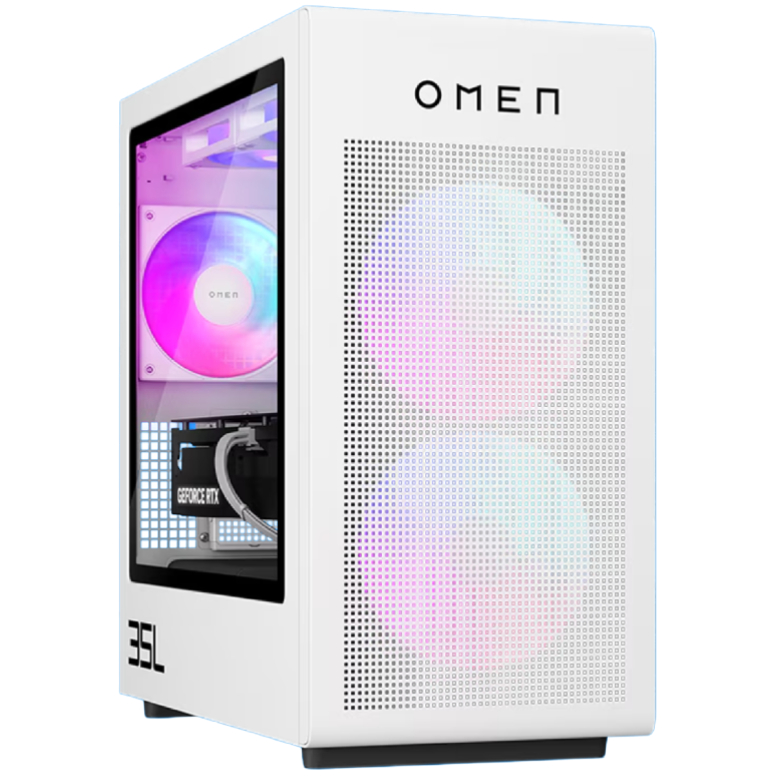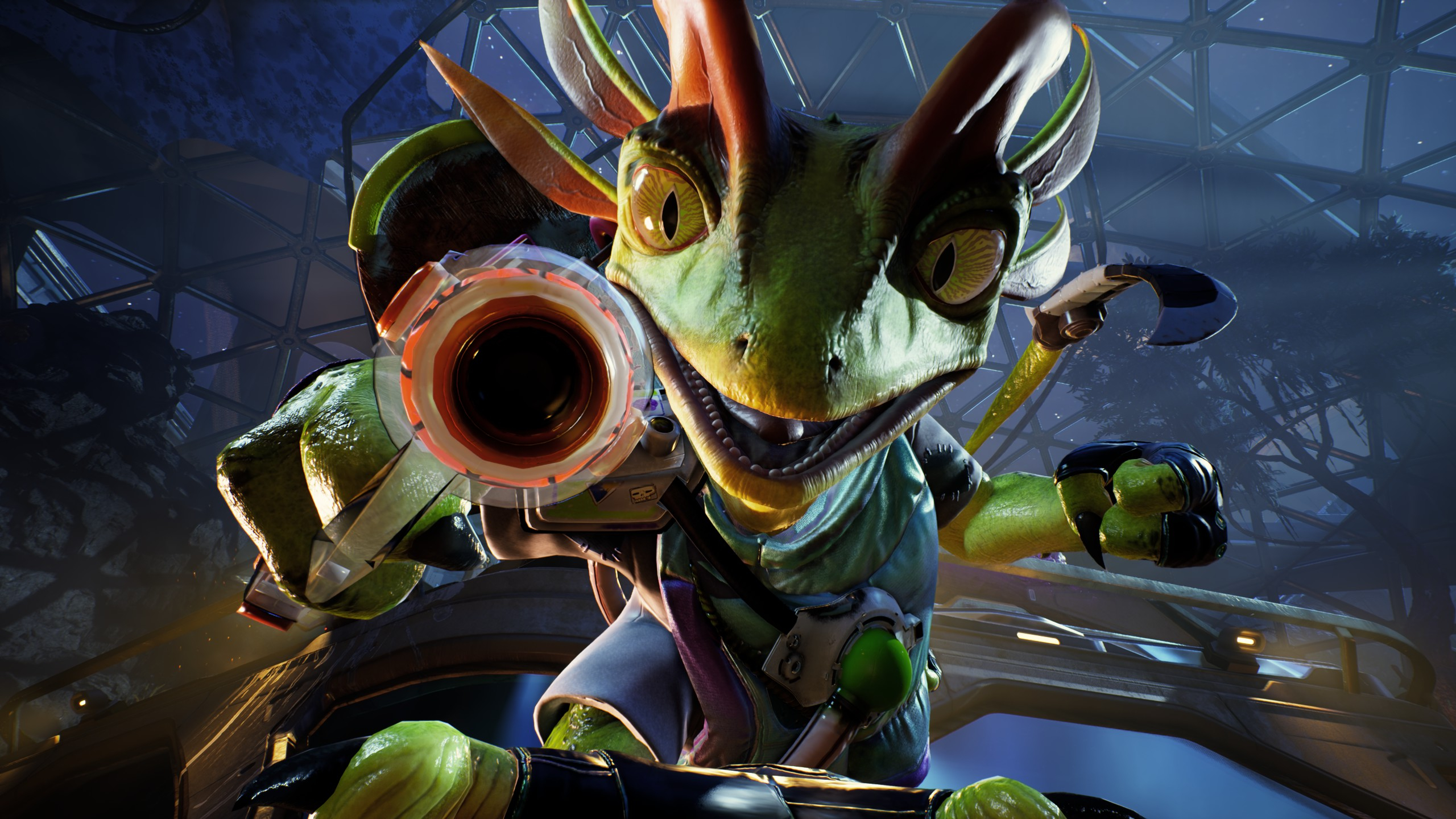Nonprofit turned investment magnet OpenAI is now valued at $500 billion
But is AI a bubble that's about to burst?

Keep up to date with the most important stories and the best deals, as picked by the PC Gamer team.
You are now subscribed
Your newsletter sign-up was successful
Want to add more newsletters?

Every Friday
GamesRadar+
Your weekly update on everything you could ever want to know about the games you already love, games we know you're going to love in the near future, and tales from the communities that surround them.

Every Thursday
GTA 6 O'clock
Our special GTA 6 newsletter, with breaking news, insider info, and rumor analysis from the award-winning GTA 6 O'clock experts.

Every Friday
Knowledge
From the creators of Edge: A weekly videogame industry newsletter with analysis from expert writers, guidance from professionals, and insight into what's on the horizon.

Every Thursday
The Setup
Hardware nerds unite, sign up to our free tech newsletter for a weekly digest of the hottest new tech, the latest gadgets on the test bench, and much more.

Every Wednesday
Switch 2 Spotlight
Sign up to our new Switch 2 newsletter, where we bring you the latest talking points on Nintendo's new console each week, bring you up to date on the news, and recommend what games to play.

Every Saturday
The Watchlist
Subscribe for a weekly digest of the movie and TV news that matters, direct to your inbox. From first-look trailers, interviews, reviews and explainers, we've got you covered.

Once a month
SFX
Get sneak previews, exclusive competitions and details of special events each month!
OpenAI is a company that only ever seems to go big when it comes to matters of money, with the ChatGPT steward's latest valuation placing its estimated worth at $500 billion. That's a $200 billion jump up from its last valuation back in late March this year.
The latest valuation (via Reuters) follows on the heels of a deal in which current and former employees at the company sold about $6.6 billion worth of shares. According to an anonymous source that spoke to Reuters, these shares were sold to a number of interested investors at SoftBank, Abu Dhabi's MGX, Thrive Capital, T. Rowe Price and Dragoneer Investment Group.
SoftBank has previously invested about $22 billion into the company and last month, Nvidia also joined the AI investment feeding frenzy by signing a deal to ultimately send $100 billion OpenAI's way. This latest $500 billion valuation makes OpenAI the world's largest startup, according to Bloomberg, seeing the company outpace even Elon Musk's SpaceX and its own $400 billion valuation. Though at what point do these massive businesses stop being considered 'startups'? Seems kinda off to me.
And as for OpenAI's own financials? Well, back in September the company signed a deal with Oracle for $300 billion worth of computing power over the next five years. As for annual revenue though, the company is reluctant to confirm figures though some reports suggest it made as much as $12 billion in annualized revenue as of July this year. In fact, revenues haven't seemed to be outpacing expenses, meaning OpenAI has been making a loss.
Now, I only ever achieved a C grade in my Maths GCSE, but something about those numbers isn't adding up for me. OpenAI is now worth more than AMD, Coca-Cola, and General Electric, with even Sam Altman himself commenting back in August that the clamour over AI investment is a little bit "insane." Back then, Altman warned against investing off the back of absurdly high valuations for companies that amount to “three people and an idea.”

He went on to say, "Someone is going to lose a phenomenal amount of money. We don’t know who, and a lot of people are going to make a phenomenal amount of money. My personal belief, although I may turn out to be wrong, is that, on the whole, this would be a huge net win for the economy.”
But is AI actually a bubble? James Anderson is a big tech investor who has previously backed the likes of Tesla, Amazon, and Tencent. He recently told the Guardian that such massive valuations are a cause for concern. He said, "I think one needs to be honest that those sudden increases [in valuation] that people were willing to place on OpenAI, Anthropic and the like were disconcerting. That scale of jump and the pace with which it happened did bother me.”
Keep up to date with the most important stories and the best deals, as picked by the PC Gamer team.
I personally got an uneasy feeling when I read that George Saravelos of Deutsche Bank wrote to clients last month to say, "AI machines—in quite a literal sense—appear to be saving the U.S. economy right now. In the absence of tech-related spending, the U.S. would be close to, or in, recession this year."
Saravelos also went on to say, "In order for the tech cycle to continue contributing to GDP growth, capital investment needs to remain parabolic." This is highly unlikely. Keyly, he also notes that "growth is not coming from AI itself, but from building the factories to generate AI capacity."
As such Bain & Company's annual global technology report suggests the industry will have to reckon with an estimated $800 billion annual revenue shortfall in order to "profitably fund the data centers of 2030." In other words, this report says that currently there's simply not enough money coming out of AI investments compared to what's going in for the industry to survive long term—and that sounds like a strained bubble to me.

1. Best overall:
HP Omen 35L
2. Best budget:
Lenovo Legion Tower 5i
3. Best high-end:
Corsair Vengeance A7500
4. Best compact:
Velocity Micro Raptor ES40
5. Alienware:
Alienware Area-51
6. Best mini PC:
Minisforum AtomMan G7 PT

Jess has been writing about games for over ten years, spending the last seven working on print publications PLAY and Official PlayStation Magazine. When she’s not writing about all things hardware here, she’s getting cosy with a horror classic, ranting about a cult hit to a captive audience, or tinkering with some tabletop nonsense.
You must confirm your public display name before commenting
Please logout and then login again, you will then be prompted to enter your display name.

